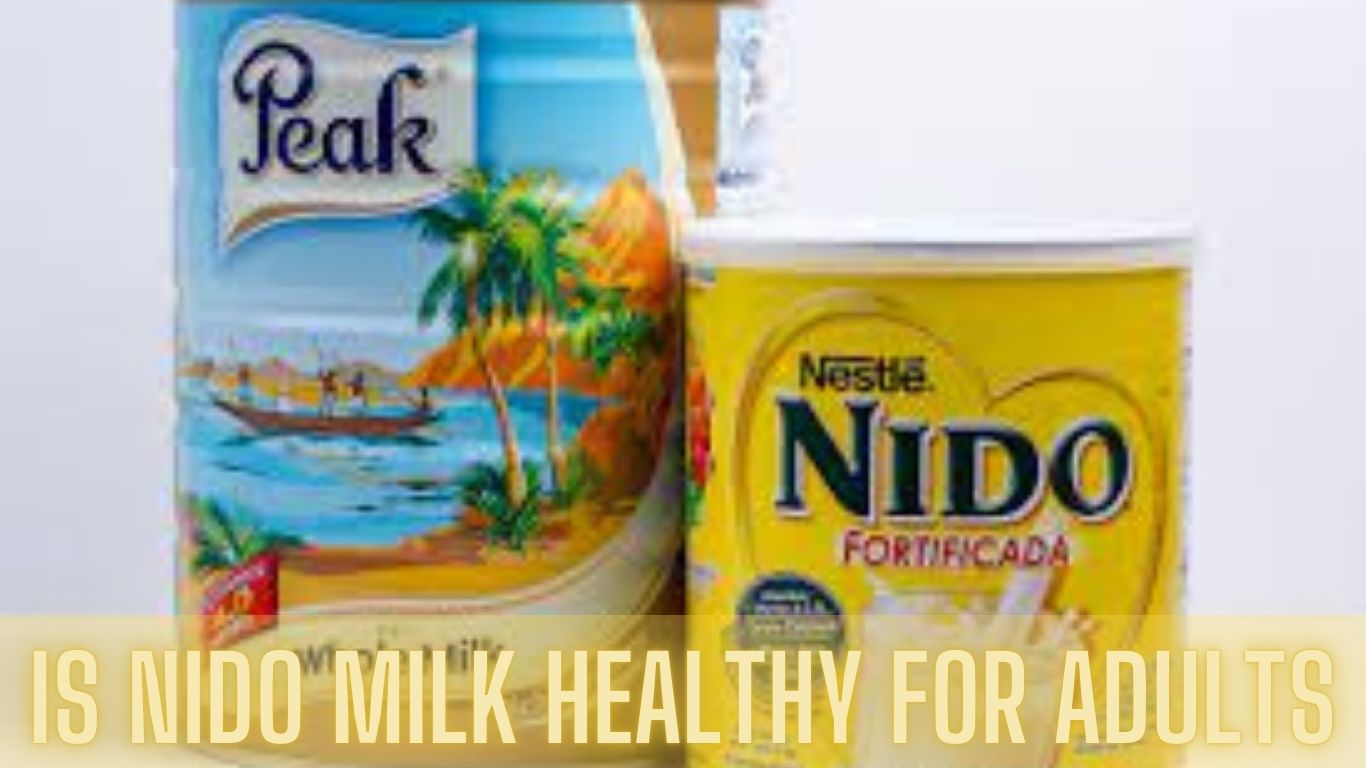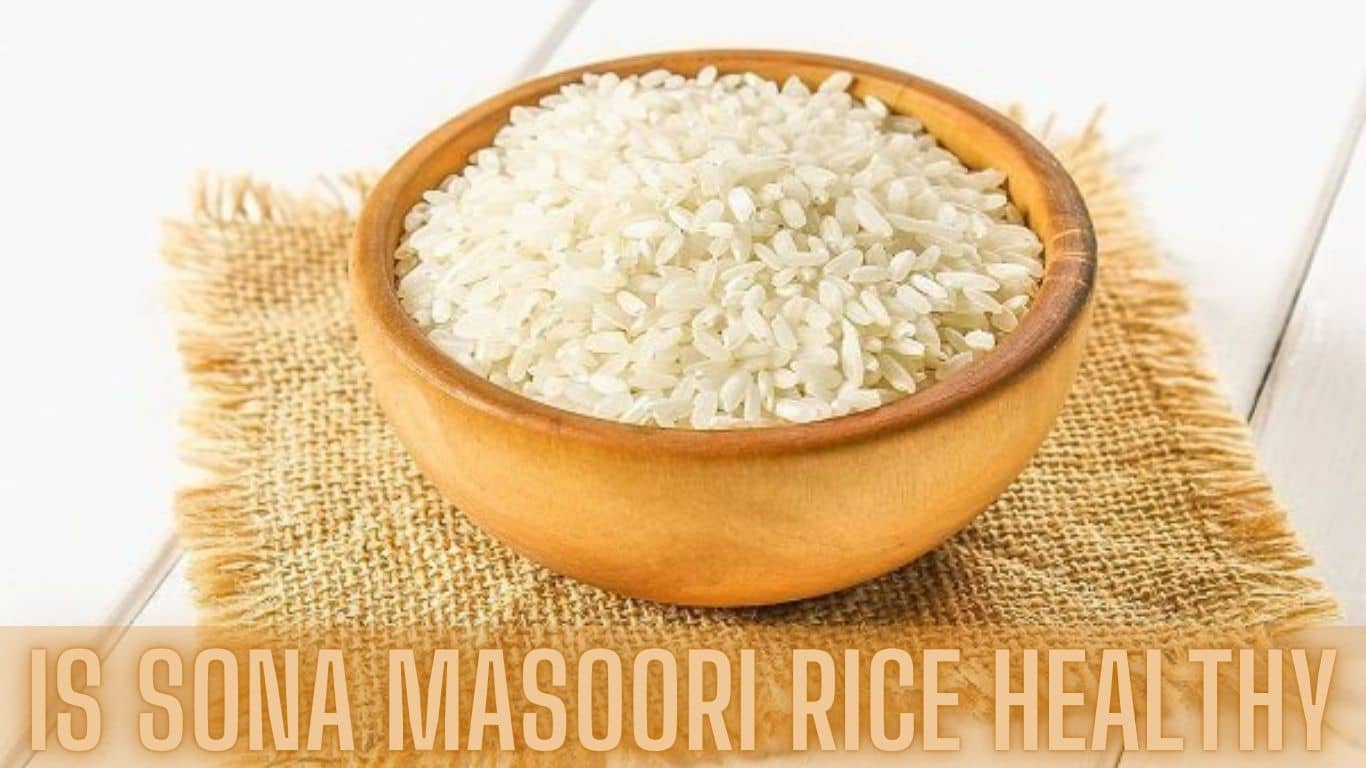When it comes to adult nutrition, we often focus on consuming a balanced diet that provides us with the essential nutrients our bodies need.
While regular milk is a common choice for many, have you ever wondered if Nido Milk could be a healthy option for adults too?
In this blog post, we will dive deep into the world of Nido Milk and explore its nutritional value and potential health benefits for adults.
So grab your favorite mug and join us as we uncover the truth about Nido Milk’s impact on adult well-being!
Nido Milk For Adults: Assessing Its Nutritional Value And Health Benefits
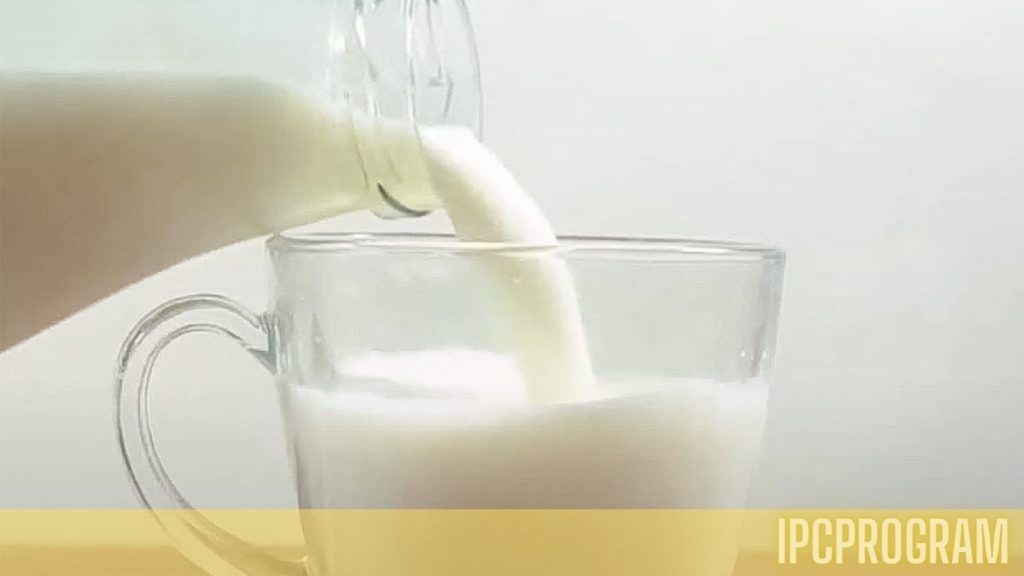
When it comes to adult nutrition, it’s important to choose foods that provide the right balance of nutrients.
Nido Milk, known for its creamy texture and taste, has gained popularity among adults seeking an alternative to regular milk. But is it a good choice?
First and foremost, let’s talk about the nutritional value of Nido Milk. It is fortified with essential vitamins and minerals such as calcium and vitamin D, which are crucial for maintaining strong bones and teeth.
These added nutrients can be especially beneficial for individuals who may have difficulty meeting their daily requirements through diet alone.
Furthermore, Nido Milk contains protein – an essential macronutrient needed for tissue repair and growth.
This makes it a suitable option for those looking to increase their protein intake or support muscle recovery after physical activity.
While these aspects make Nido Milk sound promising in terms of nutritional value, it’s important to consider potential drawbacks as well.
One concern is that Nido Milk contains added sugars which may contribute to excessive calorie intake if consumed in large quantities.
While there are certain benefits associated with consuming Nido Milk as an adult, it should not be relied upon solely as a source of nutrition.
A balanced diet consisting of whole foods should always take priority when aiming for optimal health.
Is Nido Milk A Good Choice For Adult Nutrition? Expert Insights:
Nido Milk is a popular choice for many adults seeking to supplement their nutritional intake.
But is it really a good choice for adult nutrition? Let’s take a closer look at what the experts have to say.
Nutritionists and dietitians generally agree that Nido Milk can be a part of a balanced adult diet, but it should not replace whole foods or other sources of nutrients.
While Nido Milk does contain important vitamins and minerals such as calcium, iron, and vitamin D, it lacks certain essential nutrients found in whole foods.
On the positive side, Nido Milk is fortified with various nutrients that are beneficial for adult health.
For example, the added vitamin D helps support bone health and immune function. Additionally, the calcium content aids in maintaining strong bones and teeth.
While some individuals may find Nido Milk convenient and enjoyable to consume on its own or mixed into beverages or recipes, it should always be used as part of an overall healthy eating plan.
Adults And Nido Milk: Understanding The Pros And Cons For Health
Nido Milk is a popular choice among parents for their children’s nutrition, but what about adults?
Can it be beneficial for their health as well? Let’s dive into the pros and cons of Nido Milk for adult consumption.
One of the advantages of Nido Milk is its high calcium content. Calcium plays a crucial role in maintaining strong bones and teeth, which becomes even more important as we age. It can help prevent conditions like osteoporosis and tooth decay.
On the flip side, one drawback of Nido Milk is its added sugar content. While it may enhance the taste, excessive intake of sugar can lead to weight gain, increased risk of chronic diseases like diabetes and heart disease.
Whether Nido Milk is healthy for adults depends on individual needs and preferences.
It can certainly offer nutritional benefits but should be consumed in moderation as part of a balanced diet.
Remember to consult with your healthcare provider before making any significant changes to your diet or incorporating new products like Nido Milk into your daily routine!
The Role Of Nido Milk In Adult Diets: Health Considerations
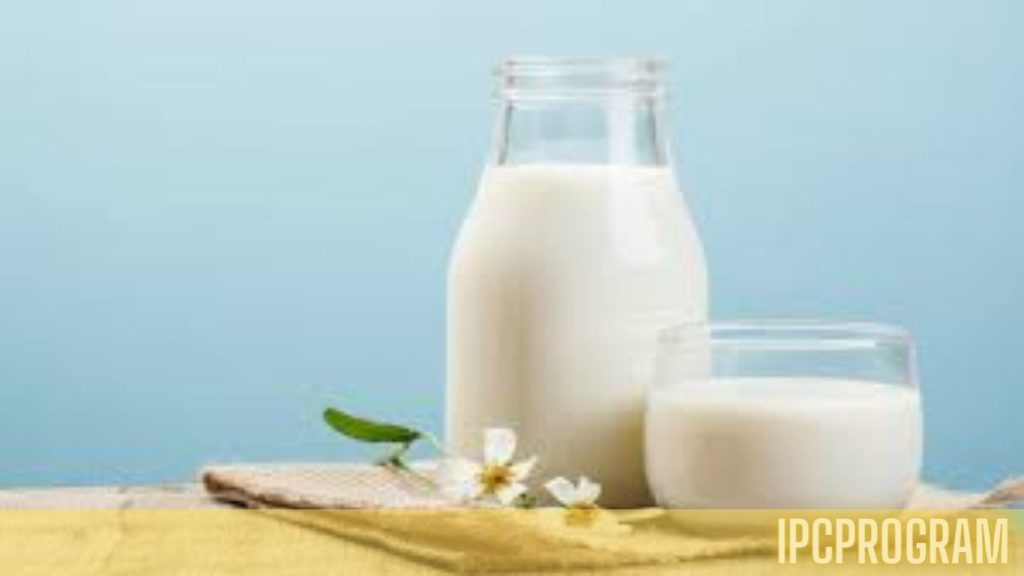
When it comes to adult nutrition, the role of Nido Milk is often a topic of discussion.
Many wonder if this popular powdered milk option can truly provide the necessary nutrients for adults.
Let’s delve into some health considerations when incorporating Nido Milk into an adult diet.
First and foremost, it’s important to note that Nido Milk is packed with essential vitamins and minerals.
It contains calcium, protein, vitamin A, vitamin D, iron, and zinc – all crucial components for maintaining good overall health.
These nutrients play key roles in supporting bone strength, immune function, energy levels, and cognitive abilities.
Additionally, Nido Milk is fortified with extra nutrients such as B vitamins and antioxidants that are beneficial for adults’ well-being.
This makes it a convenient option for those who may struggle to consume these nutrients through other food sources alone.
It’s always recommended to prioritize a balanced diet consisting of fresh fruits and vegetables along with lean proteins and whole grains.
Incorporating Nido Milk as part of a varied diet can help fill nutritional gaps but shouldn’t be relied upon solely for meeting daily nutrient requirements.
Exploring Nido Milk’s Fortified Nutrients: Impact On Adult Health
When it comes to adult nutrition, the impact of fortified nutrients cannot be underestimated.
One such product that stands out is Nido Milk. Packed with essential vitamins and minerals, this powdered milk has gained popularity as a convenient option for adults seeking additional nutritional support.
Nido Milk contains key nutrients like calcium, vitamin D, iron, and zinc. Calcium is crucial for maintaining strong bones and teeth, while vitamin D aids in their absorption.
Iron plays a vital role in transporting oxygen throughout the body, promoting energy production, and preventing fatigue. Zinc supports immune function and helps with wound healing.
By incorporating Nido Milk into your diet, you can potentially enhance your overall health and well-being.
The fortified nutrients found in this milk can help fill any nutritional gaps you may have or supplement an already balanced diet.
As with any dietary change or addition, it’s always recommended to consult with a healthcare professional before incorporating new products into your routine – especially if you have specific health concerns or conditions.
Nido Milk vs. Regular Milk: Which Is Better For Adult Consumption?
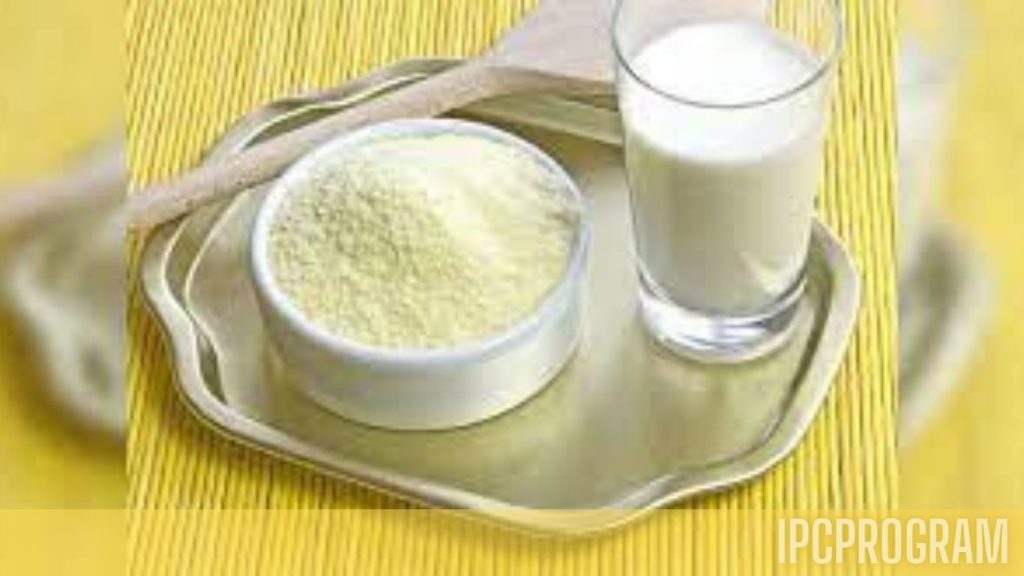
When it comes to choosing between Nido milk and regular milk, adults may find themselves in a dilemma.
Both options have their own set of benefits and considerations that should be taken into account.
Regular milk, also known as cow’s milk, is a staple in many people’s diets. It is rich in calcium, protein, and essential vitamins like vitamin D and B12.
These nutrients play a crucial role in maintaining bone health, muscle function, and overall well-being.
On the other hand, Nido milk offers unique advantages. This powdered milk product is specially formulated with added nutrients such as iron and zinc to support healthy growth and development.
One key difference between Nido milk and regular milk lies in their preparation methods.
While regular milk can be consumed directly or used in cooking or baking recipes, Nido requires reconstitution with water before consumption.
Incorporating either option into a balanced diet alongside whole foods will help ensure adequate nutrient intake for optimal health outcomes.
A Comprehensive Review: Can Nido Milk Benefit Adults’ Well-Being?
Nido Milk has gained popularity as a nutritious option for children, but what about adults?
Can it truly benefit their well-being? Let’s take a comprehensive look at the potential advantages and considerations of incorporating Nido Milk into an adult diet.
One significant advantage of Nido Milk is its nutritional content. Packed with vitamins A, D, and calcium, it can contribute to maintaining healthy bones and teeth.
These essential nutrients play a key role in overall wellness and can be especially beneficial for individuals who may have dietary restrictions or struggle to meet their daily nutrient requirements.
Additionally, Nido Milk is fortified with iron, which is crucial for red blood cell production and preventing anemia.
This makes it particularly valuable for individuals with iron deficiency or those who are prone to fatigue.
While these benefits are noteworthy, it’s important to remember that Nido Milk should not replace whole foods in an adult’s diet.
It can be used as a supplement or added ingredient in recipes but should never serve as the sole source of nutrition.
Nido Milk In A Balanced Diet: How It Supports Adult Health Goals
When it comes to maintaining a balanced diet, Nido Milk can play a valuable role in supporting adult health goals.
This fortified milk product is packed with essential nutrients that are beneficial for overall well-being.
One of the key advantages of incorporating Nido Milk into your daily diet is its high calcium content.
Calcium is crucial for maintaining strong bones and teeth, especially as we age.
By consuming Nido Milk regularly, you can give your body the calcium it needs to stay healthy and prevent conditions such as osteoporosis.
In addition to calcium, Nido Milk also contains important vitamins such as vitamin D.
Vitamin D plays a vital role in promoting bone health by aiding in the absorption of calcium. It also supports immune function and helps regulate mood.
By including Nido Milk as part of your balanced diet along with other nutritious foods such as fruits, vegetables, whole grains, lean proteins, and healthy fats, you can ensure that you are meeting your nutritional needs while working towards achieving your health goals.
Remember that every individual’s dietary requirements may vary depending on factors such as age, height, body weight, and physical activity level.
Consulting with a healthcare professional or registered dietitian can provide personalized guidance on how to incorporate Nido Milk into your specific dietary plan.
Making Informed Choices: Incorporating Nido Milk Into an Adult Lifestyle
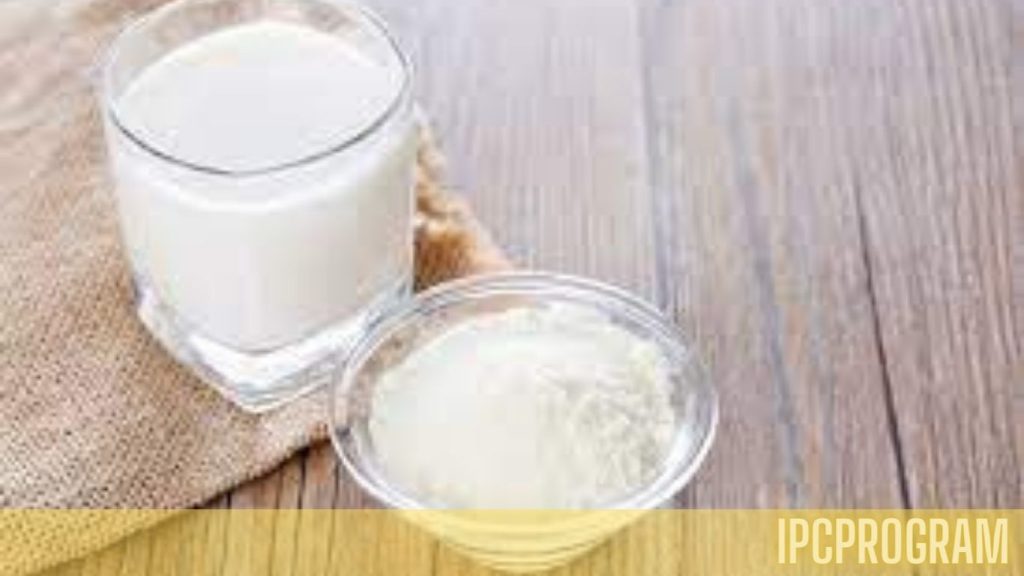
When it comes to making informed choices about our diet, considering the role of Nido Milk in an adult lifestyle can be a valuable step.
With its fortified nutrients and potential health benefits, incorporating Nido Milk into your daily routine may support your overall well-being.
One key advantage of Nido Milk is its nutritional value. Packed with essential vitamins and minerals such as calcium, vitamin D, and iron, it can contribute to bone health, immune function, and energy levels.
These nutrients are especially important for adults who may have increased nutrient needs due to factors like age or certain medical conditions.
By staying informed about the nutritional value of different foods like Nido Milk and understanding how they fit within an adult lifestyle context; you empower yourself with knowledge that leads towards making more conscious decisions about what goes on your plate (or glass).
So whether you’re looking for added nutrients in a convenient package or seeking new ways to enhance your dietary choices, incorporating Nido Milk into an adult lifestyle can be
Conclusion:
After assessing the nutritional value and health benefits of Nido Milk for adults, it is evident that incorporating this fortified milk into your diet can be a wise choice.
Nido Milk offers a range of essential nutrients that support adult health goals and overall well-being.
With its high calcium content, Nido Milk helps to strengthen bones and teeth, reducing the risk of osteoporosis.
The added vitamins, minerals, and protein in Nido Milk provide energy and promote muscle growth and repair.
When compared to regular milk, Nido Milk stands out due to its fortified nutrients specifically designed for adult nutrition.
The additional vitamins A, C, D3, iron, zinc, magnesium, and selenium contribute to overall immune function while supporting various bodily functions.
Incorporating Nido Milk into an adult lifestyle requires making informed choices about portion sizes and ensuring it complements other nutritious foods in your diet.
Enjoying a glass of Nido Milk alongside whole grains, fruits, and vegetables will help achieve optimal nutrition.
In summary, is nida milk healthy for adults? Yes! With its numerous health benefits derived from essential nutrients that support bone strength, muscle growth, and overall immune function, Nidor milk can positively impact the well-being of adults when consumed as part of a balanced diet.

